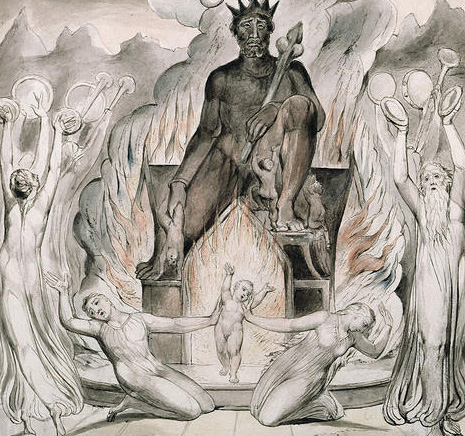Night of 13th-14th January 1942
The composer Bruckner—Brahms at his height—Wagner and Goring—Great architects—Talent must be encouraged.
After a hearing of Bruckner’s Seventh Symphony: This work is based on popular airs of upper Austria. They’re not textually reproduced, but repeatedly I recognise in passing Tyrolean dances of my youth. It’s wonderful what he managed to get out of that folklore. As it happened, it’s a priest to whom we must give the credit for having protected this great master. The Bishop of Linz used to sit in his cathedral for hours at a time, listening to Bruckner play the organ. He was the greatest organist of his day.
One can imagine this obscure peasant’s arrival in Vienna, amidst an effete society. One of Bruckner’s opinions of Brahms was published in a newspaper recently, and further increased the sympathy I felt for him: “Brahms’s music is very beautiful, but I prefer my own.” There you have the self-awareness, full both of humility and of pride, such as a peasant can feel, in all simplicity, when he is inspired by a true conviction. The critic Hanslick depicted Bruckner’s life in Vienna as a real hell for him. When the moment came when it was no longer possible to ignore his work, he was covered with decorations and overwhelmed with honours. What did all that mean to him? Wouldn’t it have been better not to have misunderstood him so long?
Jewry had raised Brahms to the pinnacle. He was lionised in the salons and was a pianist of theatrical gestures. He exploited effects of the hands, effects of the beard and hair. Compared with him, Bruckner was a man put out of countenance, an abashed man.
Wagner also had the feeling for gesture, but with him it was innate. Wagner was a man of the Renaissance—like Goring in a certain aspect (and it would be silly to blame him).
There is nothing crueller than to live in a milieu that has no understanding for a work already achieved or in process of gestation. When I think of a man like Schiller or Mozart! Mozart who was flung, nobody knows where, into a communal grave… What ignominy!
If I hadn’t been there to prevent it, I believe the same thing would have happened to Troost. That man revolutionised the art of building. Perhaps it would have taken a few years—and he’d have died without anyone having the slightest idea of his genius. When I got to know him, he was depressed, embittered, disgusted with life. It often happens that architects are hyper-sensitive people. Think merely of Hansen, who was the most richly gifted of the architects of Vienna. And Hasenauer? The critics had attacked him so savagely that he committed suicide before his great work was finished—and yet the Vienna opera-house, so marvellously beautiful, puts the Paris Opera into the shade. To know that one is capable of doing things that nobody else can do—and to have no possibility of giving proof of it!
It seems that people should make sacrifices for their great men as a matter of course. A nation’s only true fortune is its great men. A great man is worth a lot more than a thousand million in the State’s coffers. A man who’s privileged to be the Head of a country couldn’t make a better use of his power than to put it at the service of talent. If only the Party will regard it as its main duty to discover and encourage the talents! It’s the great men who express a nation’s soul.


